Cold room business is one of the most lucrative in the SME sector. Every day, some businessmen and women across Nigeria work hard to take advantage of the ever-present need for seafood, poultry products, and beef. Talk about meeting people’s basic needs whilst making cool cash in the process!
Mr Muraina Mobolaji is one of those businessmen involved in the cold room business. In his office located somewhere in the Iyana-Ipaja area of Lagos, he disclosed how much the business is booming. According to him, livestock products are regulars on most Nigerians’ dinner plates. And since the commodities are often perishable, there is the need to preserve them.
But Mr Muraina, 34, has not always been a businessman; much less a cold room operator. He was once a secondary school teacher who became frustrated by the “poverty-pay” and the unpleasant conditions of employment he was subjected to. According to him, he realised at some point that he could no longer take it. As a result, he began putting plans together to start his business.
Not surprisingly, starting a new business was not an easy decision for the man. But he didn’t it anyway, finally taking the leap about four yes ago by first resigning from his teaching position, and then establishing the cold room. Today, he sells assorted fish, prawns, chicken, turkey, etc.
What is the cold room business about?
Basically, this business entails the preservation and distribution of perishable (livestock) food items; direct from the farms to people’s dinner tables. As you may well know, animal farm produce (such as chicken, turkey, and seafood) typically passes through a long distribution channel before they end up in people’s pots of soups and stews. During this long distribution process, a lot of business activities occur. It is here that SME business owners such as Muraina come in by making sure that your chicken is available for consumption at all times; albeit fresh and with all the nutrients intact.
Please note that the cold room business also involves the sale of other commodities such as frozen yogurt, ice block, ice cream, soya milk, etc. But for the purpose of this article, a clear focus is on the preservation and sale of meat products.
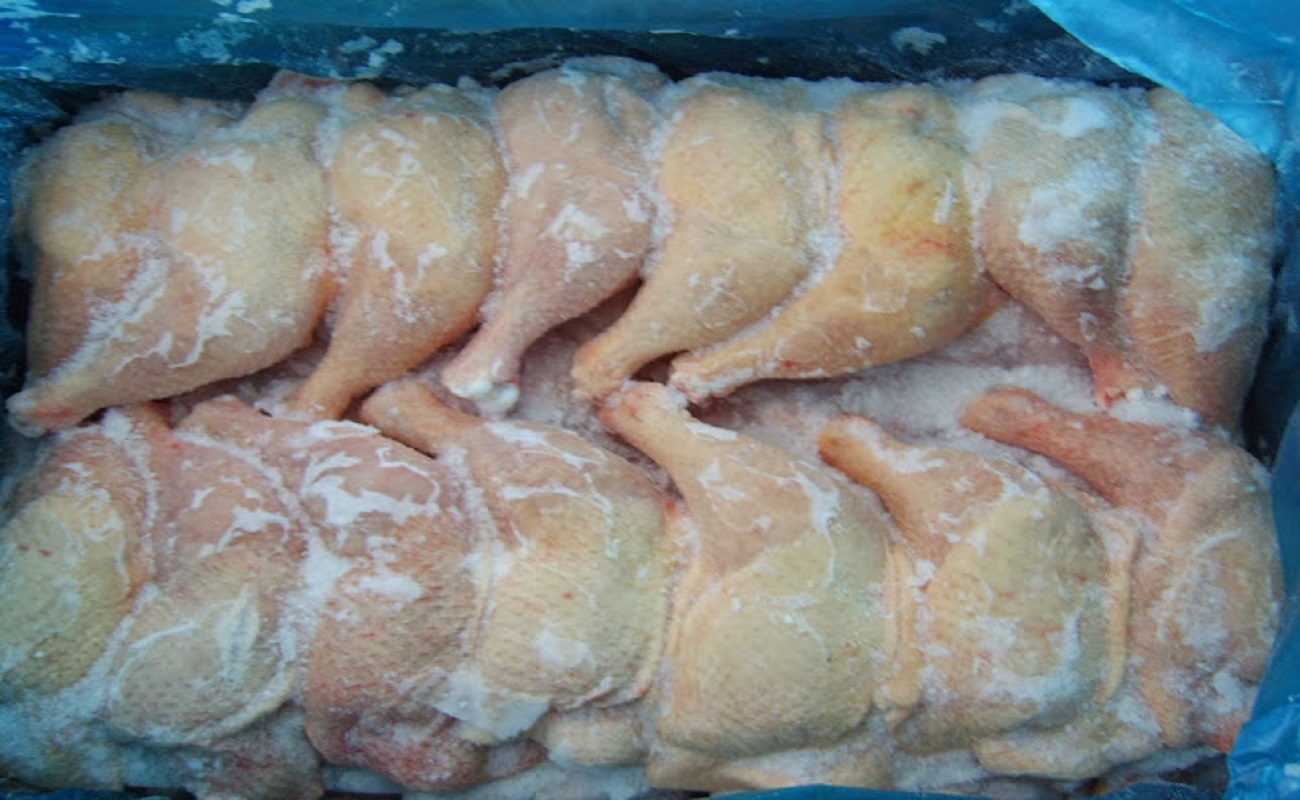
Cold room operation is a multi-billion naira business
Nigerians consume about 1.2 billion birds (mainly chicken and turkey) every year. In the same vein, they consume some 3.32 million metric tonnes of fish annually, according to statistics by the Fishery Committee for the West Central Gulf of Guinea. These stats are indicative of a huge business environment where both farmers and marketers have the potential to make billions in revenues. But just as it is a profitable venture, cold room business also costs quite a lot to go into.
How much is needed to start a cold room business?
After quitting his teaching job, Mr Muraina had to combine his life savings with a bank loan in order to finance his cold room business. According to him, he realised after completing the feasibility study that in order to start and scale the business, he would need at least ₦8 million.
In his own words-
“You know, in every business, you have to either start small or big. I categorise myself as a wholesaler, in the sense that I sell mostly to retailers who in turn sell to consumers. Therefore, to succeed as a wholesaler in this business, one would definitely need to have more seed capital than those starting as retailers.
After conducting my research, I realised that I needed at least ₦8 million before I could start and favourably compete in the business. So I had to get the money by all means.”
What is the money needed for?
As an intending cold room owner, there are two important things that must be sorted out from the onset. These are your equipment- the cold room storage facility, and your power generator. According to Mr Muraina, there are many companies in Nigeria that specialise in the manufacturing, installation, and maintenance of these facilities.
Interestingly, a bulk of his seed capital went into having a large cold room panel purchased, shipped and installed at his present location. He spent about ₦4 million for that alone. He also has a Mikano power generator right beside the cold room which he said was purchased for some ₦1.5 million; second-hand price.
He also needed to spend money to lease the small patch of land on which his business is situated. In the same vein, Mr Muraina had to register his business with the appropriate government agencies, particularly the National Food and Drug Administration and Control (NAFDAC) which gave him the necessary accreditation he needed to operate his business.
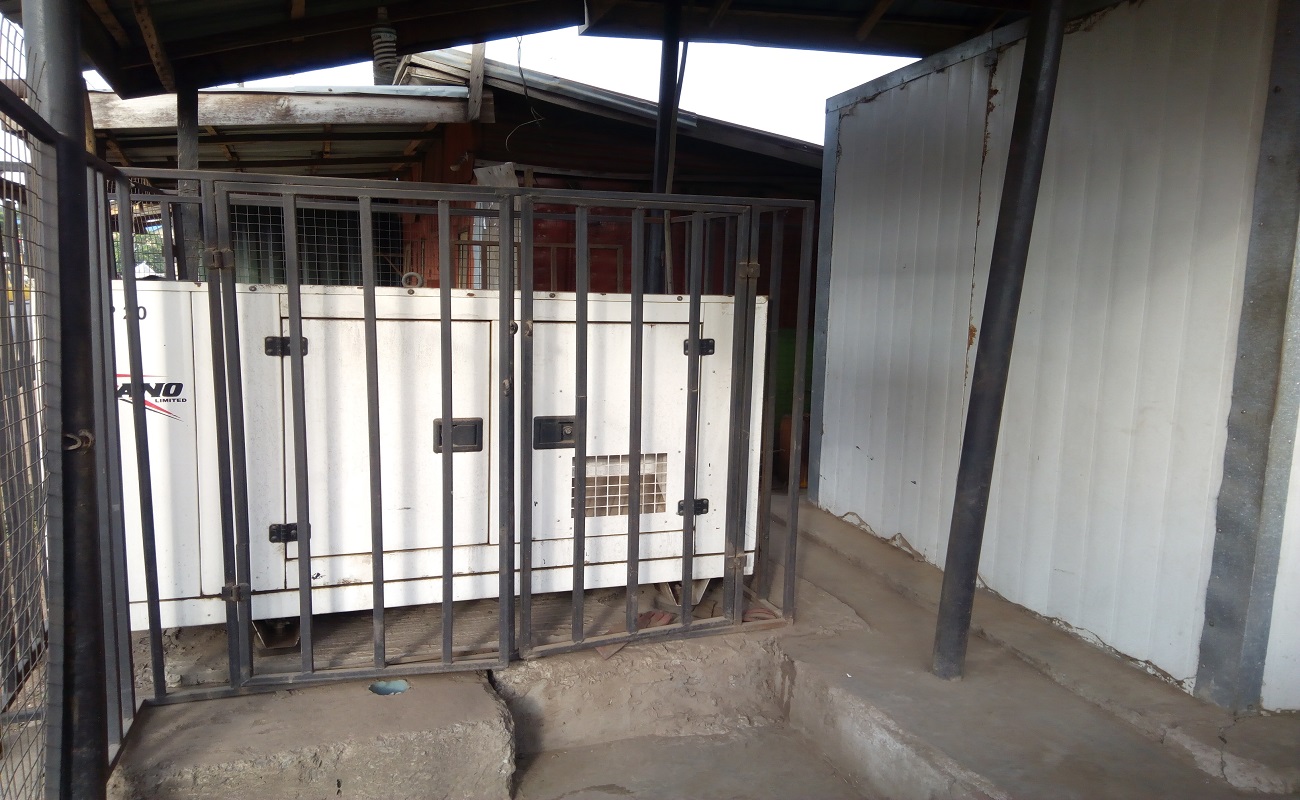
How does the business work?
Most of the birds and fish sold in Nigerian cold rooms are imported from outside the country. This increases the cost of doing business for Mr Muraina. Unfortunately, he has no choice but to establish relationships with importers of the products who supply to him at subsidised rates. He, in turn, sells to retailers within the Iyana-Ipaja environs. These retailers include fish sellers at popular markets, women who walk around neighbourhoods singing and attracting people’s attention to come and buy fish, and those who have stores with deep freezers where customers come to buy fish, chicken, or turkey.
Prices differ, depending on what produce and quantity of produce a customer are buying. According to Muraina, “a carton of chicken can sell for up to ₦14,000, depending on the season. Turkey is typically the most expensive, with a carton selling for nearly ₦16, 000. Fish is the least expensive. There are different types of fish, and their prices vary. But for Titus which is mostly demanded by customers, a carton is between ₦11, 000, and ₦10, 000.
“Now because I do sell to end-users sometimes, and some people prefer to buy either half a carton or a quarter of a carton, what I do is to simply divide the price of a particular product by the size a customer wants to buy. However, I do not sell anything less than a quarter of a carton.”
Please note that these prices were confirmed by a roadside fish seller at Iyana-Ipaja bus garage who said that although she goes to Ijora (where the commodities are supposedly cheaper) to buy her goods, the prices are still relatively the same.
Meanwhile, speaking about how much he earns, Muraina disclosed that he can make as much as ₦100,000 in sales on a good day. This, therefore, translates to approximately ₦2,000,000 in monthly sales. This is the kind of money he could never have dreamt of seeing in a month as a public school teacher.

But there are some challenges…
According to the businessman, the cost of running his business is a big challenge. Electricity is the biggest challenge for him, he said. Without an adequate power supply, a whole stock of products could get wasted and result in loss. Unfortunately, the epileptic nature of power supply in the country has not helped his business at all.
“Power supply in Nigeria is in such a very bad state. And it particularly affects people like me who are in this kind of business. I need to ensure that in a day, this facility has an average of fifteen hours of power supply. But where in Nigeria can you get that? Consequently, I have to depend on the generator most of the time. And it is expensive. On average, I spend about ₦20, 000 on diesel every month. I also spend nearly ₦35,000 monthly on electricity bills, payable to the authorities. The unfortunate thing is that most times, they just bring the bills even without giving us enough light through the month. But then I would have no choice than to pay.”
Other challenges include the cost of maintaining both the cold room and the generator. According to him, compulsory maintenance work is always done on the cold room panel once in every three months. This costs about ₦30,000 each time.
Muraina is also “heavily taxed by the Lagos State Government”. Although he refused to disclose exactly how much he pays in monthly taxes, he believes the money is too much and should be reduced to encourage the growth of small businesses like his.
“There are many challenges facing this business. Electricity is the main one. The government needs to focus on solving the electricity problem in order to encourage the growth of small businesses. I always wonder why any government should be so concerned about collecting taxes by the end of every month without even thinking about whether or not businesses are making money.
Also, they should make loans easier for people to access. I had a lot of trouble trying to access a loan when I first started. You see all these organisations parading themselves as “saviours” of entrepreneurship and promising to provide financial facilities to SMEs, sometimes they really don’t. Their conditions are too much to fulfill. And I think it discourages some aspiring entrepreneurs.”
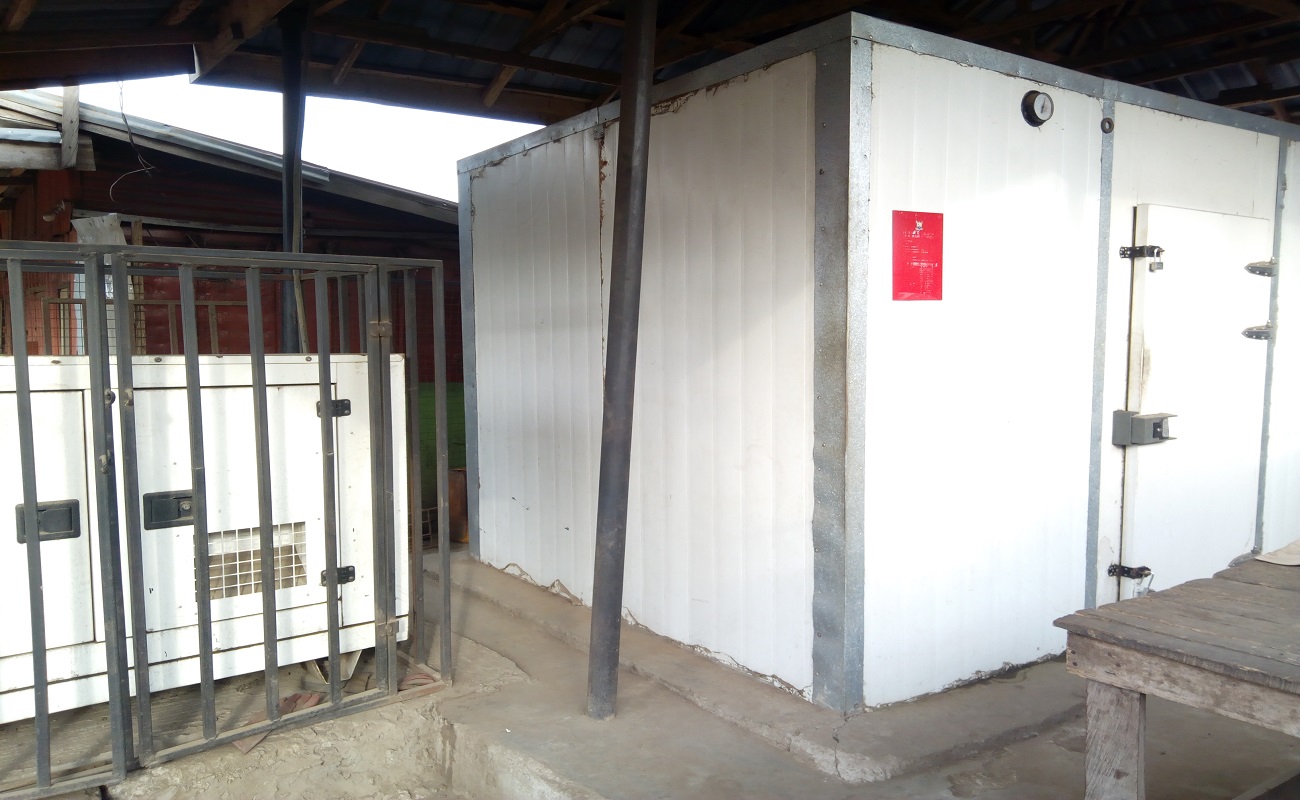
On the brighter side, it is easy to start making a profit in the cold room business. This is due to the fact that many Nigerians are constantly in need of this foodstuff. In Muraina’s case, even though he initially faced competition in the business, it was not long before he broke even; thanks to his established contacts, customer base, and the strategic location of his shop.
In conclusion, cold rooms are playing a huge role in meeting needs, solving the unemployment problem, and stimulating economic growth. In this light, therefore, governments at all levels should work assiduously towards creating a conducive environment for these businesses to operate, particularly by making adequate power supply available. In the same vein, investment in the agriculture sector should be increased in order to reduce the cost of importation of these livestock products which contributes to the hike in their prices.











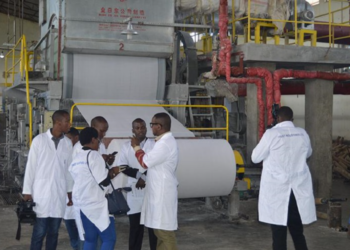
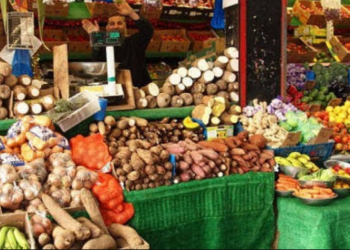










insightful!!!
nice
Great! Pls can I get Muraina’s contact
Thank you for this detailed write up
Pls can you drop mauraina phone no or contact to reach him
Good Day Every Dody
I will like to introduce my self to you sir/ma
I use to build and repairs any kind of Cooling system and again my office is at ilasamaja bus-stop mushin Lagos state Nigeria
you can also WhatsApp me at the contact number below.
09023541423
email: aminu.samuel@yahoo.com
Wow Wow Wow
This is insightful.
You really dig deep into it.
Pls more of this kind of post will be appreciated.
Please Sir how many fits is this
Wow nice 👍